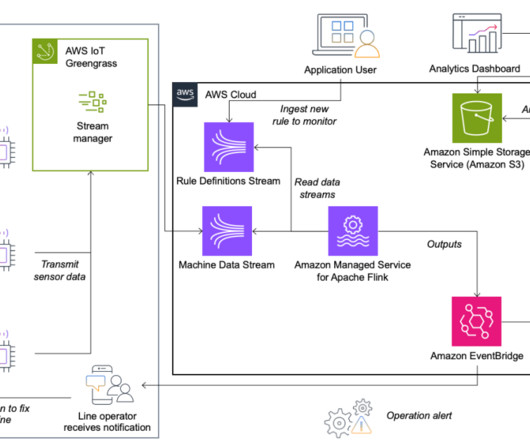Unleashing Victory: How Data Collection Is Revolutionizing Football Performance Analysis!
Smart Data Collective
AUGUST 27, 2023
This is where data collection steps onto the pitch, revolutionizing football performance analysis in unprecedented ways. The Evolution of Football Analysis From Gut Feelings to Data-Driven Insights In the early days of football, coaches relied on gut feelings and personal observations to make decisions.














Let's personalize your content